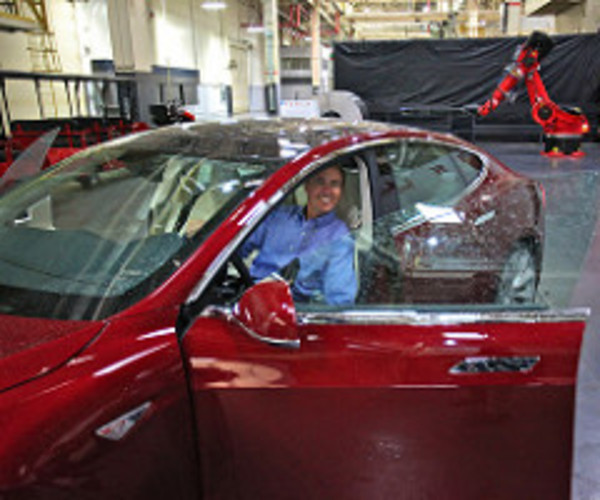
Automotive manufacturers have been using EDI tools for several decades. These solutions have enabled them to make their supply chains efficient and their businesses more profitable.
However, auto makers are quickly discovering that their supply chains have become more complex as manufacturing becomes a global affair. Fortunately, EDI tools have kept up. Read on to learn how automotive manufactures are leveraging modern EDI systems to stay agile in a global supply chain.
What Happens in Vegas Is Not Going to Stay There
You might have seen the popular commercials paid for by Las Vegas’ tourism board with the tagline “What happens in Vegas stays in Vegas.” The commercials imply that you could have a wild and crazy weekend in Sin City, and the consequences will not follow you past the airport’s entrance.
While that tagline might work for Las Vegas, it does not hold true for the automotive manufacturing industry.
While that tagline might work well for Las Vegas’ tourism board, it does not hold true for the automotive manufacturing industry. Creating a single car requires more global resources than ever. The windshield may come from Korea and the steering column may be manufactured in Canada. And if one factory somewhere has a bottleneck in production for any reason, the ripple effect can be crippling.
Out with the Old…
A global supply chain requires a solution that will enable auto manufacturers to stay competitive. Legacy software and hardware may struggle to keep up with modern supply chain demands.
Why do legacy systems sometimes struggle? For a start, they are inefficient. Legacy systems do not work in real time. They can take hours to update. While you are waiting for updates, you could miss out on crucial orders.
Legacy systems do not work in real time. They can take hours to update. While you are waiting for updates, you could miss out on crucial orders.
Second, some auto manufacturers rely on tools that do not get the job done. They implement ERP systems (some of which are also out of date), which help organizations plan for the coming years. However, they do not enable real time communication between supply chain partners. Moreover, there are multiple ERP vendors on the market, so there is not a single, standard ERP system.

Photo credit: Steve Jurvetson
…In with the New
What solutions can auto manufacturers use to stay agile and competitive in today’s market? They do not have to give up on EDI tools entirely. Instead, they can use modern onsite solutions, cloud-based EDI systems, or even hybrid systems which incorporate the best of both worlds.
For example, many auto manufacturers turn to cloud-based solutions. Why? For a start, they work in real time. You never have to worry about missing an order again.
Auto manufacturers do not have to give up on EDI tools entirely. They can use cloud-based EDI systems.
Secondly, they have an advantage over ERP systems in that EDI tools are meant for instant communication. Also, they are fairly standard. You do not have to worry about purchasing a system that does not have the same features as something else on the market.
In today’s interconnected manufacturing environment, a streamlined supply chain allows auto manufacturers to thrive. Whether your EDI system is cloud-based, onsite, or a combination of the two, taking a modern approach to system integration is a vital component of a well-managed supply chain. To learn more about staying agile and competitive, contact us.


